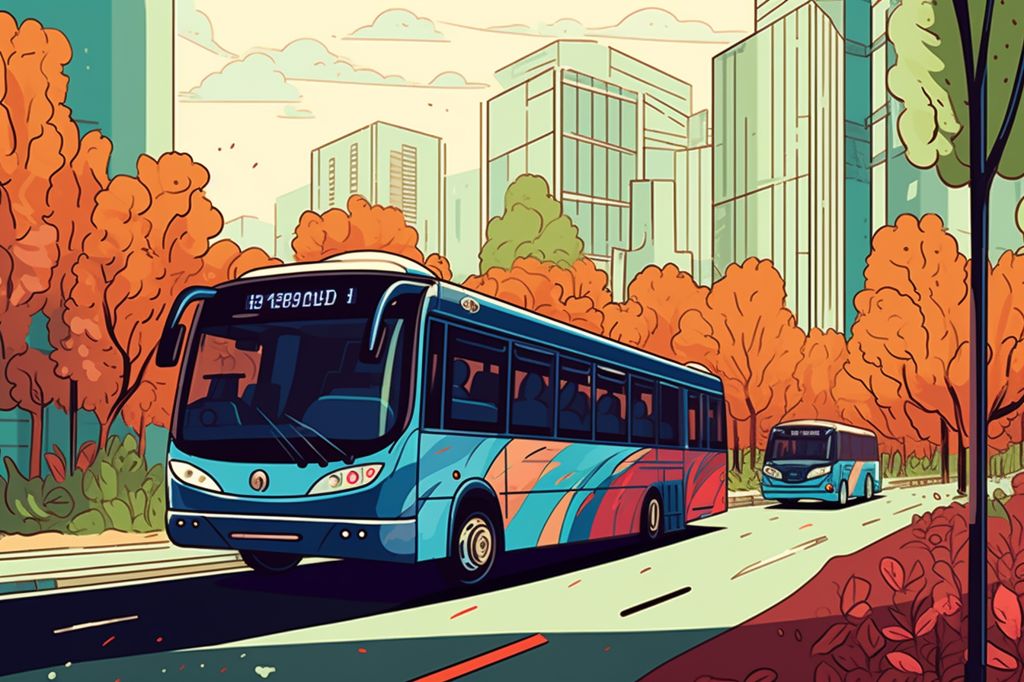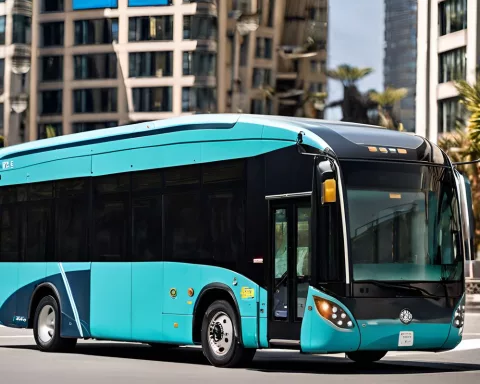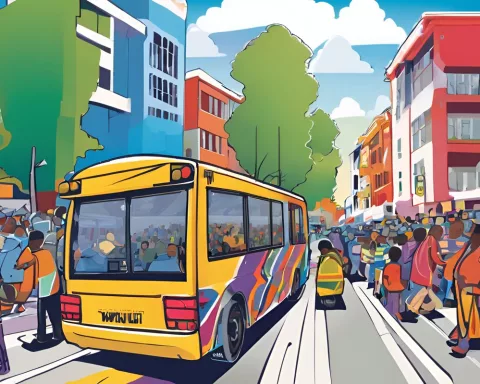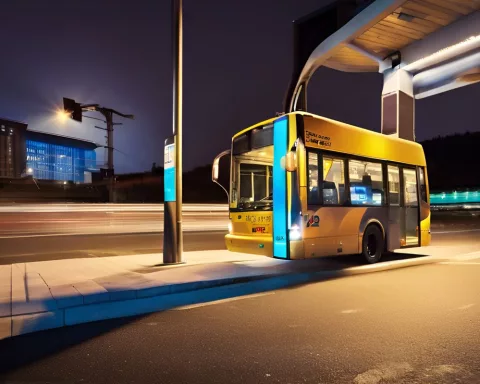Cape Town is currently undergoing an exciting transformation in its urban mobility landscape, with the Urban Mobility Budget serving as a driving force for a more connected and thriving metropolis. Spearheaded by the Mayoral Committee Member for Urban Mobility, Councillor Rob Quintas, the City of Cape Town’s Urban Mobility Budget has been tabled for 2023/2024 to 2025/2026. This budget aims to enhance the city’s infrastructure by focusing on essential elements such as maintenance, congestion relief, public transport, and smart mobility.
Alleviating Traffic Congestion
A significant aspect of the Urban Mobility Budget is the allocation of over R543 million for traffic congestion alleviation projects. These initiatives will ensure smooth traffic flow and unclog the city’s “arteries.” Additionally, R553 million has been designated for major road reconstruction and rehabilitation, leading to healthier “veins” within the urban fabric.
Expanding the MyCiTi Bus Service
The most significant portion of the capital allocation is directed towards expanding the MyCiTi bus service to the metro-southeast. This expansion involves constructing roads, stations, bus stops, depots, informal trading and economic catalytic spaces, and other infrastructure necessary to make the service fully operational. With a sum of R5.2 billion, this expansion will connect Khayelitsha and Mitchells Plain to the economic hubs of Wynberg and Claremont. This project is one of the largest by any metro in South Africa, and its implementation will bring about positive urban renewal in various locations across the city.
Improving Public Transport Facilities
Recognizing the significant role of minibus-taxis in public transport, the Urban Mobility Directorate aims to provide commuters and operators with safe, dignified, and functional facilities. Accordingly, substantial investments have been made in refurbishing and upgrading public transport interchanges (PTIs), with almost R300 million budgeted for new and improved facilities in Mfuleni, Nyanga, Vuyani, Nolungile, Nonkqubela Manenberg.
Maintaining a Focus on Road Maintenance
The operational budget of R4.2 billion for the next financial year will maintain a focus on reactive and proactive road maintenance. Major road rehabilitation and reconstruction projects are planned for various neighborhoods, including Bishop Lavis, Bonteheuwel, Uitsig, Somerset West, Manenberg, and others.
Investing in Non-Motorized Transport Infrastructure
In response to the tragic collision that recently occurred in Mitchells Plain, claiming the lives of multiple children traveling to school, AZ Berman Drive is one of 15 roads identified for the construction of non-motorized transport infrastructure. R52 million has been designated for this purpose in Mitchells Plain, with R51 million allocated to improve walking and cycling lanes in Khayelitsha over the next three financial years.
The City of Cape Town is committed to keeping people, goods, and services on the move with its Urban Mobility Budget. This budget is instrumental in forging a well-maintained and expanding road network and improving access to public transport services. Ultimately, this will shape a flourishing Cape Town for years to come.












